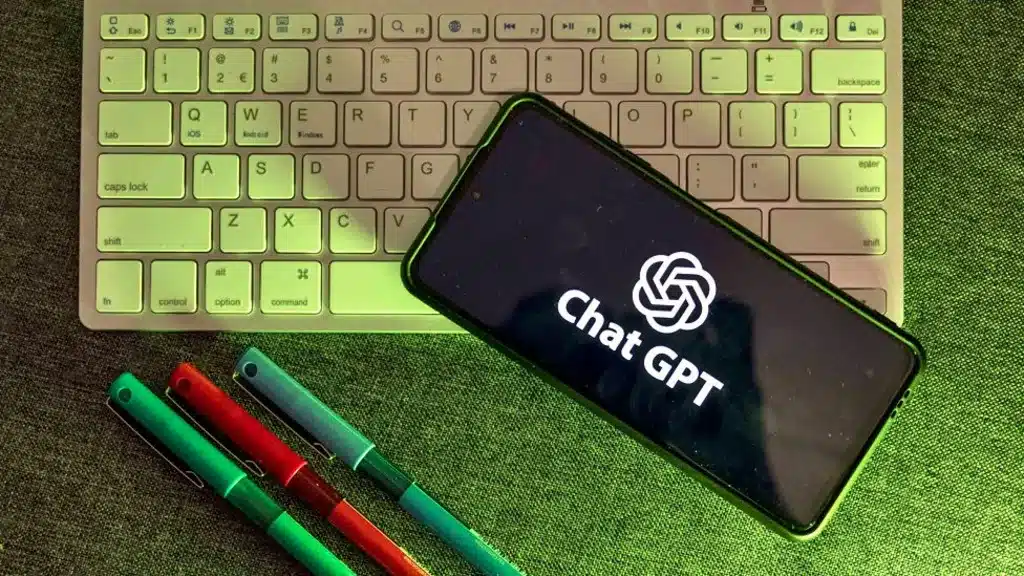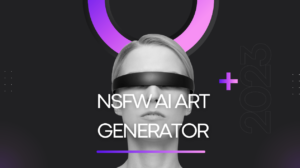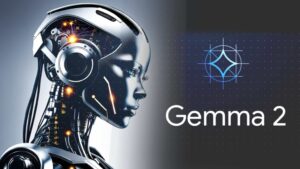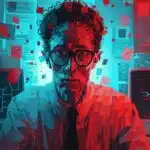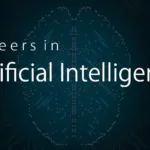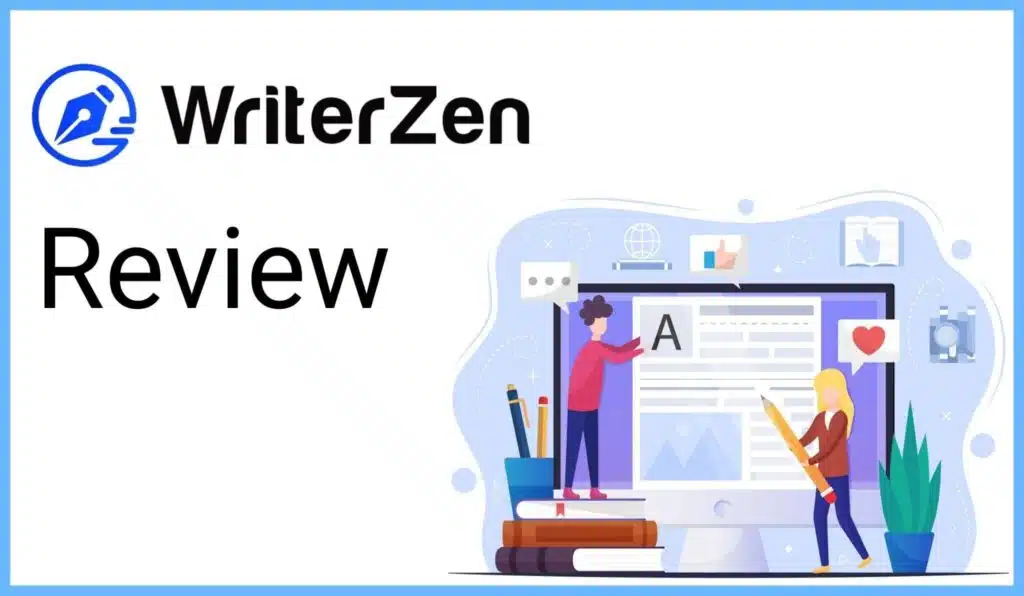June 27, 2024—
Thank you for reading this post, don't forget to subscribe!A groundbreaking study reveals that artificial intelligence (AI) can outperform university students in several academic tasks. The study, conducted by a team of researchers from Stanford University, compared the performance of advanced AI systems with that of students from top universities. The results suggest that AI is closing the gap in areas traditionally dominated by human intellect.
The study was published in the prestigious journal Nature Communications. Researchers used a sample of 500 university students from various disciplines, including mathematics, computer science, and humanities. The AI systems tested were state-of-the-art models, including OpenAI’s GPT-4 and DeepMind’s AlphaCode.
Methodology
Researchers designed a series of tests to evaluate different skills. These tests included problem-solving in mathematics, coding challenges, and essay writing. The performance of AI systems was measured against the average performance of students. Each test was carefully crafted to ensure fairness and to match the typical difficulty level encountered in university courses.
Key Findings
- Mathematics: AI systems showed exceptional proficiency in solving complex mathematical problems. They outperformed students in accuracy and speed. The AI models achieved a success rate of 94%, compared to the students’ 85%.
- Coding: In coding challenges, AI demonstrated a remarkable ability to write and debug code efficiently. AlphaCode, in particular, excelled by completing tasks faster and with fewer errors. AI’s success rate in coding challenges was 91%, while students achieved 78%.
- Essay Writing: One surprising finding was AI’s capability in essay writing. GPT-4 generated essays that were not only grammatically correct but also coherent and insightful. When evaluated by a panel of professors, AI-written essays received scores comparable to those written by top students.
Implications
The implications of these findings are profound. AI’s ability to match or surpass human performance in academic tasks challenges traditional education models. It raises questions about the future role of AI in education and the workforce.
Educational Impact
Experts believe that AI can serve as a powerful tool in education. Dr. Emily Chen, a lead researcher on the study, stated, “AI can be an invaluable assistant to both students and educators. It can provide personalized tutoring, help with homework, and offer feedback on assignments. This could enhance learning outcomes and make education more accessible.”
Future Prospects
The study also highlights the potential for AI to support lifelong learning. As the job market evolves, continuous education becomes essential. AI can help individuals reskill and upskill, making education more flexible and adaptive to changing needs.
Ethical Considerations
However, the rise of AI in academia brings ethical considerations. Issues of academic integrity and the potential for AI to be used for cheating are major concerns. Universities will need to adapt their policies to address these challenges.
Dr. Mark Thompson, an AI ethicist, commented, “We must ensure that AI is used responsibly. It’s important to create guidelines that balance the benefits of AI with the need to maintain academic standards and integrity.”
Final Thoughts
The Stanford study is a significant step in understanding the capabilities and limitations of AI in education. As AI continues to develop, its role in academia will likely expand. The challenge will be to harness its potential while addressing ethical and practical concerns.
In summary, AI has demonstrated the ability to outperform university students in various academic tasks. This opens new possibilities for education but also requires careful consideration of ethical issues. The future of AI in academia is promising, yet it demands a balanced approach to integrate technology with traditional learning methods.

